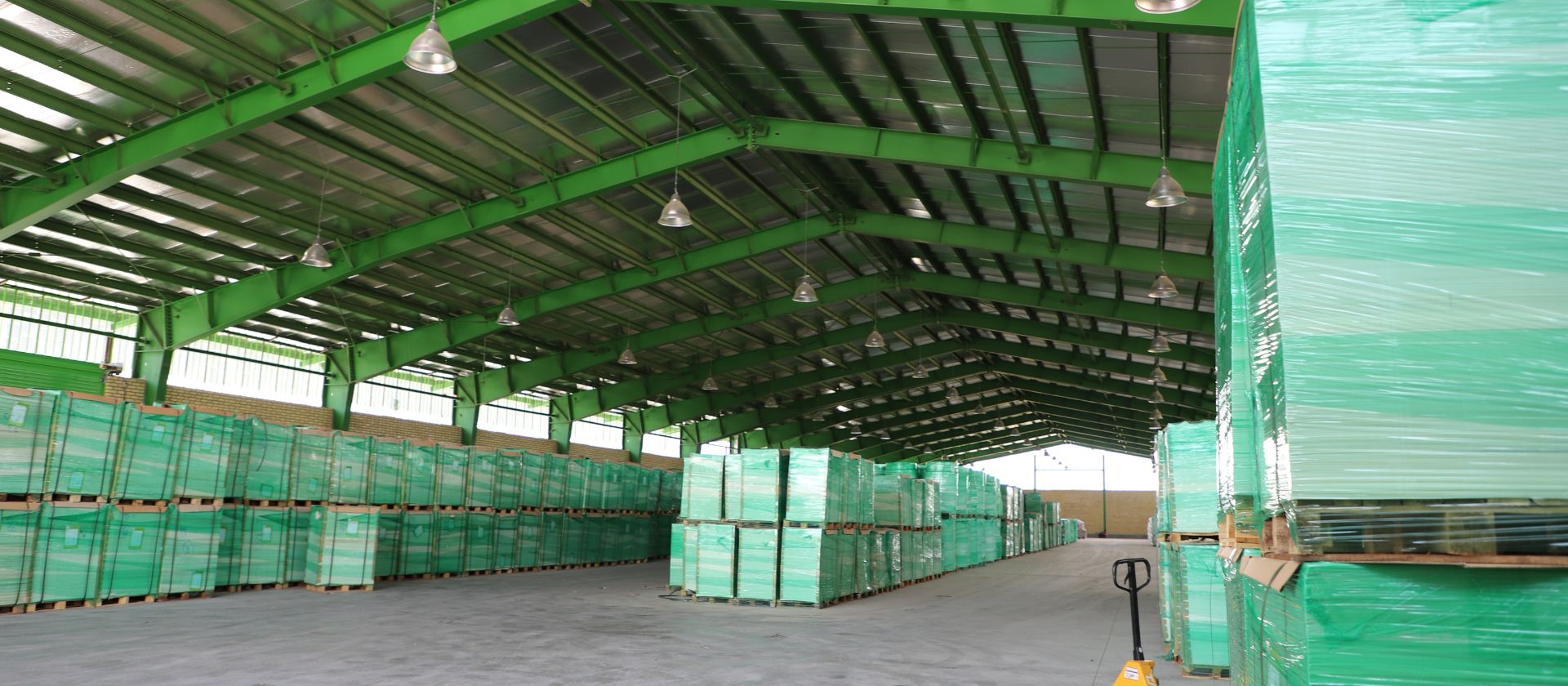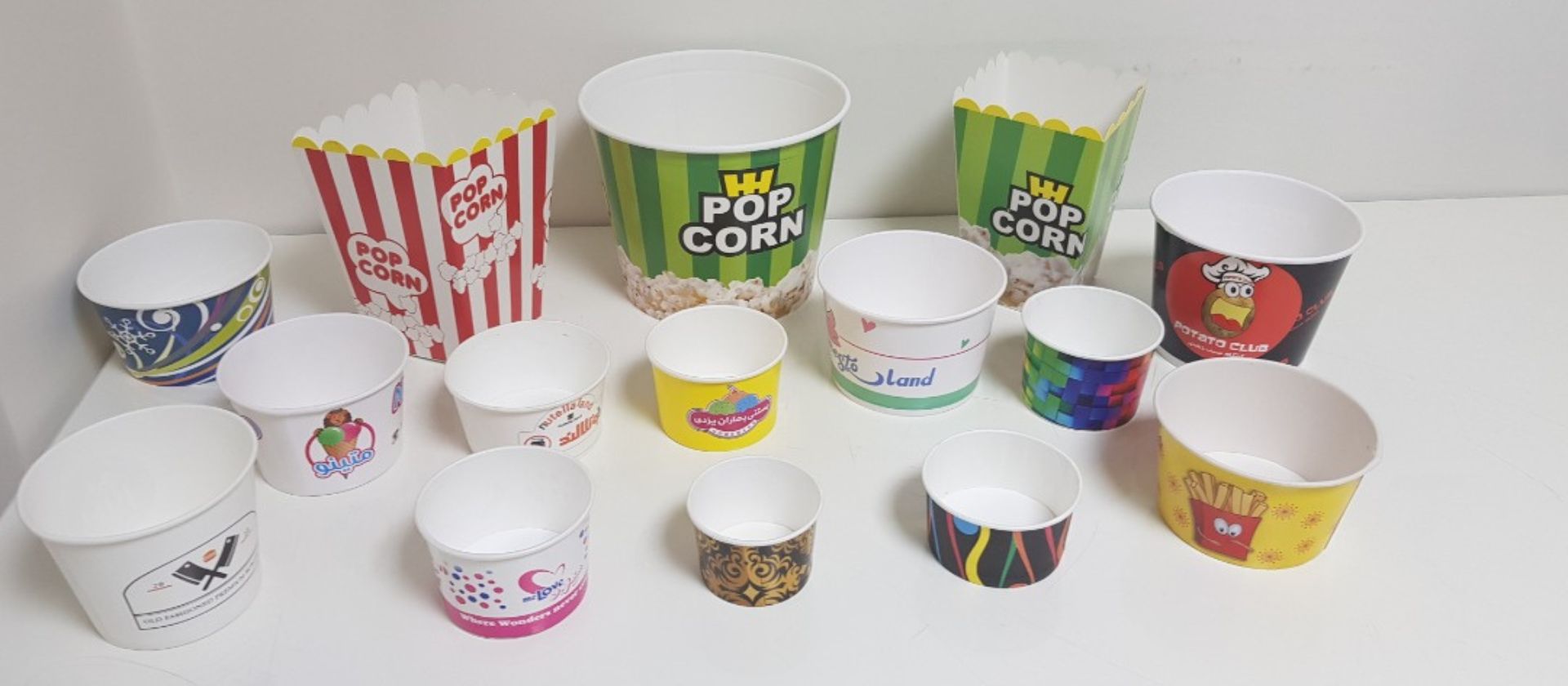Compostable vs Biodegradable: Which One Is Better for Single-Use Tableware?
In an age where sustainability has become a global priority, terms like compostable and biodegradable are commonly used — especially when it comes to single-use tableware. But what do these words actually mean? Are they interchangeable? And more importantly, which one is better for the environment — and for your business?
This comprehensive guide will break down the key differences between compostable and biodegradable materials, evaluate their pros and cons in the context of disposable tableware, and explain why leading brands like Softliz, Türkiye’s largest producer of plant-based tableware, choose compostable solutions made from bagasse.

What Does “Biodegradable” Really Mean?
Biodegradable simply means that a material can be broken down naturally by microorganisms (such as bacteria or fungi) into water, carbon dioxide, and biomass over time.
However, biodegradable does not necessarily mean eco-friendly or fast-degrading. Here’s why:
-
There is no fixed timeframe for biodegradation — some products take weeks, others centuries.
-
A material labeled biodegradable may still contain petroleum-based ingredients like plastics, which leave microplastics behind.
-
Biodegradation might not occur efficiently in landfills, where oxygen and microbial activity are limited.
So, while biodegradable materials sound positive, they can often be misleading — especially if the material is marketed as “green” but requires specific conditions to break down properly.
What Does “Compostable” Mean?
Compostable materials are those that can break down into non-toxic components — water, carbon dioxide, and nutrient-rich compost — within a specified time period and under certain conditions.
There are two types of composting environments:
-
Industrial Composting: Controlled temperature, moisture, and microbial levels, typically required for fast composting.
-
Home Composting: Natural backyard compost setups, slower but still effective for many plant-based materials.
Importantly, compostable products are held to strict standards, such as:
-
EN 13432 (Europe)
-
ASTM D6400 (USA)
These standards ensure the material leaves no toxic residue, breaks down within 90 days, and contributes to healthy soil.
Compostable vs Biodegradable: Key Differences
| Feature | Compostable | Biodegradable |
|---|---|---|
| Breakdown Time | Typically within 90–180 days | Varies (could be years) |
| Residue | Leaves non-toxic compost | May leave microplastics |
| Certification | Strict standards (e.g., EN 13432) | Often unregulated |
| Disposal | Requires composting conditions | Can degrade in various conditions |
| Eco Impact | Soil-enriching | Environmentally uncertain |
From this table, it’s clear that compostable products are better defined, regulated, and environmentally reliable.
Which Is Better for Single-Use Tableware?
Compostable Is the Clear Winner
When it comes to items like plates, bowls, cups, and lids — especially when used in food service — compostable tableware is more appropriate for the following reasons:
1. Food-Grade Safety
Compostable tableware, such as that produced by Softliz, is made from 100% plant-based materials (like sugarcane bagasse) and contains no plastic binders. This ensures that the material is safe for hot and cold food use, microwaveable, and does not leach chemicals.
2. Faster, Cleaner Breakdown
Compostable products decompose within a predictable timeframe and return nutrients to the soil, whereas biodegradable plastic alternatives can linger and fragment into microplastics.
3. Meets Regulatory Compliance
Many regions have banned or are phasing out non-compostable disposables. Compostable options ensure compliance with environmental laws and certifications.
4. Supports Circular Economy
Compostable tableware completes the lifecycle by returning organic matter to nature — helping cities, food services, and consumers move toward zero-waste goals.
Why Softliz Chooses Compostable Over Biodegradable
As Türkiye’s first and largest producer of 100% plant-based, compostable tableware, Softliz believes that true sustainability requires full transparency and commitment.
Here’s why Softliz stands out:
-
No Plastic Additives: All products are made from sugarcane bagasse — a renewable, non-toxic material.
-
Certified Compostable: Softliz meets international composting standards like EN 13432.
-
Global Distribution: With a massive production capacity and international logistics, Softliz delivers high-quality compostable products to customers across Europe, the Middle East, and beyond.
-
Competitive Pricing: Sustainability shouldn’t cost more. Softliz offers fair prices without compromising product integrity.
-
Customized Solutions: Whether you’re a restaurant, catering brand, or food packaging distributor, Softliz can provide private label services, custom molds, and scalable supply solutions.
Common Myths About Compostable & Biodegradable Tableware
Myth 1: Biodegradable products always break down naturally.
Truth: Some biodegradable products only degrade under specific conditions and may leave harmful residues.
Myth 2: Compostable and biodegradable are the same.
Truth: Compostable is a stricter and safer standard, ensuring complete degradation without toxicity.
Myth 3: Composting is too difficult or expensive.
Truth: Industrial composting is growing rapidly, and even home composting is a viable solution for many consumers.

Choosing the Right Option for Your Business
If you’re in the foodservice, hospitality, or retail industry, you need tableware that is not only functional and safe but also responsible. Here’s how to decide:
| Need | Best Option |
|---|---|
| Fast, natural breakdown | ✅ Compostable |
| Certified for food contact | ✅ Compostable |
| Low environmental risk | ✅ Compostable |
| Compliance with bans on single-use plastics | ✅ Compostable |
| True sustainability | ✅ Compostable |
By choosing compostable products — particularly from trusted manufacturers like Softliz — you’re aligning your business with the future of sustainable packaging.
Conclusion: Compostable Is the Responsible Choice
While both biodegradable and compostable materials aim to reduce environmental impact, compostable materials clearly offer a more transparent, reliable, and environmentally sound solution, especially for single-use tableware.
From reducing waste and enriching soil, to meeting global regulations and boosting your brand’s green credentials, compostable products deliver measurable value. For businesses committed to real change, working with a dedicated compostable tableware manufacturer like Softliz is not just smart — it’s essential.
Are Bagasse Plates Really Eco-Friendly? Everything You Need to Know
